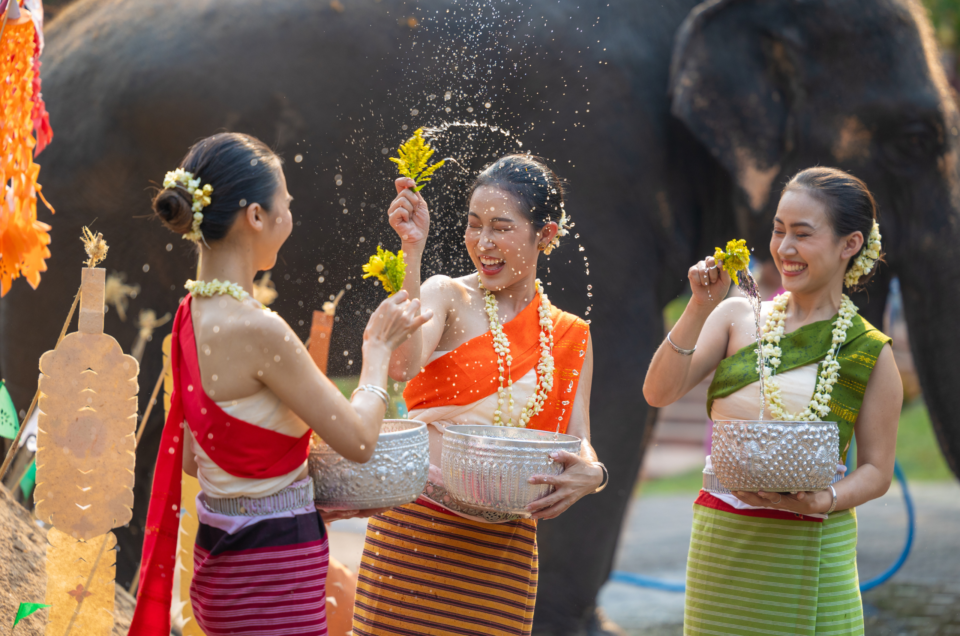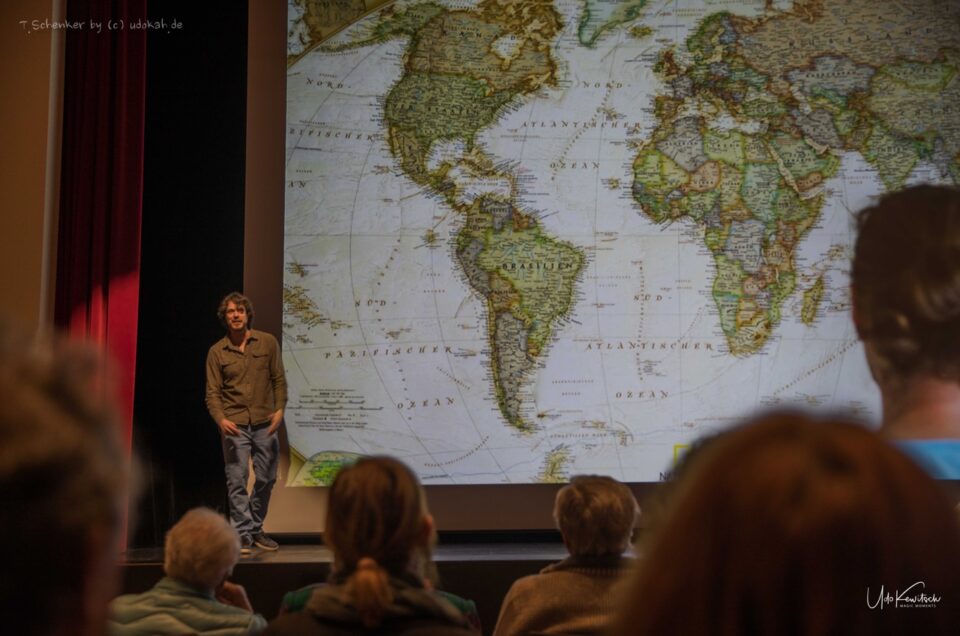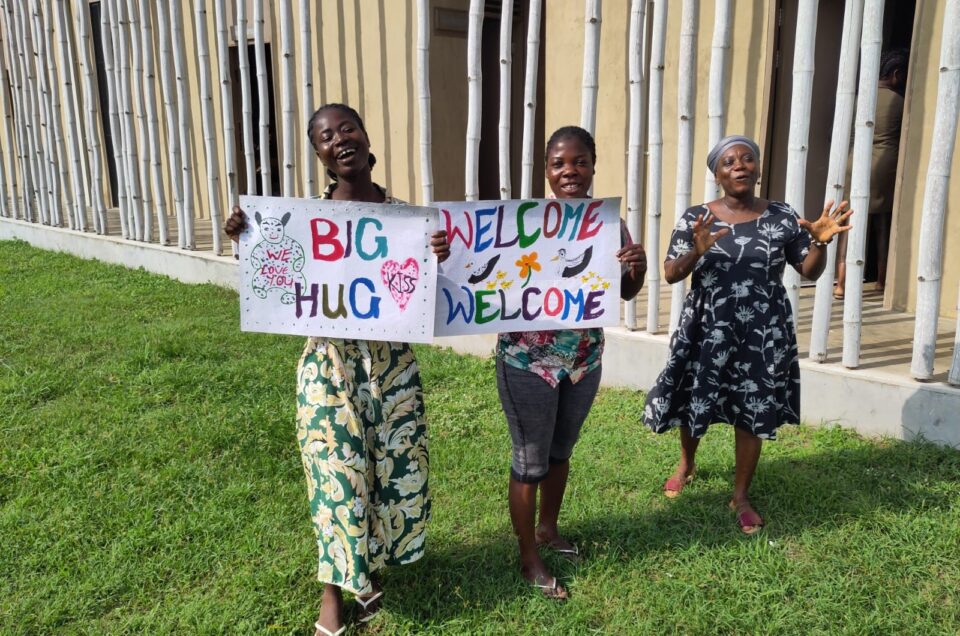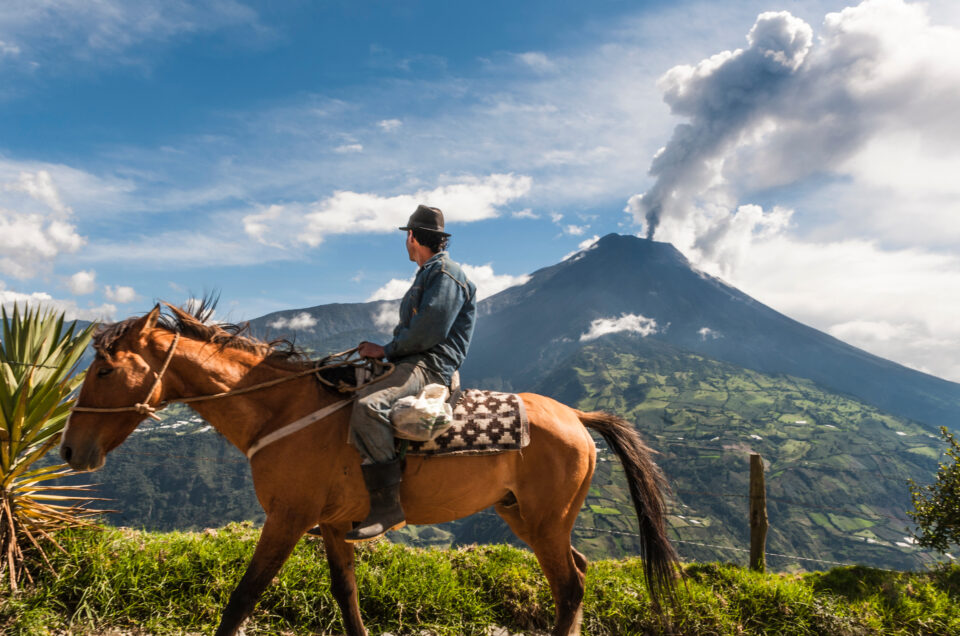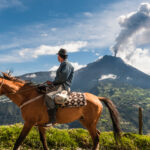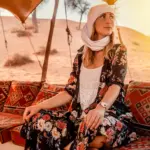A celebration of renewal, cleansing, and the joy of life
When mid-April brings peak temperatures to Thailand and the country transforms into a joyful sea of water and smiles, one of the most meaningful and beautiful times of the year begins: Songkran, the traditional Thai New Year festival.
But behind the famous water fights lies much more than just carefree fun. Songkran is a deeply rooted cultural ritual that symbolizes renewal, gratitude, and spiritual cleansing – a celebration of life, family, and hope.
What exactly is Songkran?
The word Songkran originates from Sanskrit and means “transition” or “change.” It originally marked the sun’s entry into the zodiac sign of Aries, a moment celebrated in many Asian cultures as the beginning of the new astrological year. In Thailand, this moment of transition has evolved into a unique and vibrant festival that not only celebrates natural renewal, but also personal and societal values such as respect, gratitude, and togetherness.
Songkran traditionally takes place from April 13th to 15th – although in many regions, the celebrations can last an entire week.

Why is Songkran celebrated?
Songkran symbolizes a fresh start – letting go of the past, cleansing body, mind, and surroundings, and welcoming good fortune and blessings for the year ahead.
Cleansing: Water is seen as a purifying element. Pouring or splashing water symbolizes washing away the worries, misfortunes, and illnesses of the old year, making room for renewal and clarity.
Gratitude and Respect: Songkran is a time to show reverence to elders. Traditionally, younger people gently pour fragrant water over the hands of parents and grandparents, offering blessings and wishing them health and longevity.
Family and Home: Many Thais travel back to their hometowns to celebrate with family, visit temples, and honor old traditions. Songkran is deeply rooted in community, connection, and cultural continuity.

What happens during the days of Songkran?
The days of the Songkran festival are marked by traditional rituals, spiritual ceremonies – and joyful celebrations:
Cleansing and Preparation: Before the main festivities begin, people thoroughly clean their homes. Buddha statues are washed, and offerings are prepared to welcome the new year with purity and good intentions.
Water Ceremonies: Traditionally, fragrant water is gently poured over the hands of elders, teachers, and monks – a respectful gesture asking for blessings. Buddha statues are placed in temples or public spaces and gently sprinkled with water as a sign of devotion.
The Great Water Celebration: In modern times, this has evolved into a nationwide water festival. People of all ages take to the streets with water guns, buckets, and hoses, playfully “cleansing” one another. What seems like pure fun still carries the deep symbolism of spiritual renewal.
Tradition and Culture: Beyond the water battles, traditional dances, beauty pageants (such as “Miss Songkran”), parades, and cultural performances are held. The atmosphere in smaller towns and villages is especially moving, where ancient rituals remain at the heart of the celebration.

Songkran – A festival that connects
Songkran is a festival of the heart. It connects generations, bridges social divides, and invites both locals and visitors to take part in a culture that values respect, joy, and community. Especially in our fast-paced world, Songkran reminds us of the importance of pausing, letting go of the old, and welcoming life with gratitude and openness.
Songkran is much more than just a water fight – it is a spiritual new beginning, a celebration of life, and an expression of deeply rooted cultural values.
Those who experience Thailand during Songkran immerse themselves in a celebration filled with warmth, joy, and hope – and carry a piece of that unique spirit home with them.
Happy Songkran –
May your life be as refreshing as the water.
Would you like to be part of this beautiful celebration next year and experience it live?
Contact our team for a tailor-made travel offer to Thailand!



